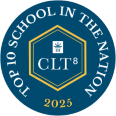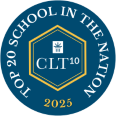For by wisdom a house is built, and by understanding it is established; by knowledge the rooms are filled with all precious and pleasant riches. -Proverbs 24:3-4

Become by Growing in Logic and Rhetoric
In the Logic (middle school) and Rhetoric (high school) stages, students move from discovering and memorizing facts (Grammar stage) to discerning information well, and finally, to expressing rationally-formed conclusions clearly and persuasively. Our House System provides opportunity for leadership, discipleship, and a sense of belonging across middle and high school grades. Our Fine Arts program shines with students becoming skilled vocalists, instrumentalists, artists, and orators. Students find plenty of time for recreation and community building through athletics, clubs, student organizations, and other activities.
To learn more about our unique classical Christian curriculum, we encourage you to visit these pages:
Upper School Distinctives
- Rigorous, unhurried curriculum centered on Christ
- A school culture that exalts love of God and love of neighbor, not the values of the world
- Phone-free school day
- Limited use of technology
- Learn formal and informal logic (8th Grade)
- Written and oral argument and rhetorical exercises
- Extensive opportunities to build confidence and skill in public speaking
- Algebra begins in 7th Grade; Calculus offered in 12th Grade
- Latin instruction in grades 7-8; Greek in grades 9-10; Spanish in grades 11-12
- Systematic theology and apologetics
- Small class-sizes so students receive personal attention and meaningful mentorship
- Cultivating a heart that longs to serve others through weekly service and discipleship to younger students
- Formed by the Great Books of Western Civilization
- Senior Trip to Greece and Italy
- Middle School and Varsity sports opportunities
- Etiquette training (7-12th Grade) with a culminating semi-formal or formal Protocol experience each Spring
- Biblically-guided expectations and approach to discipline
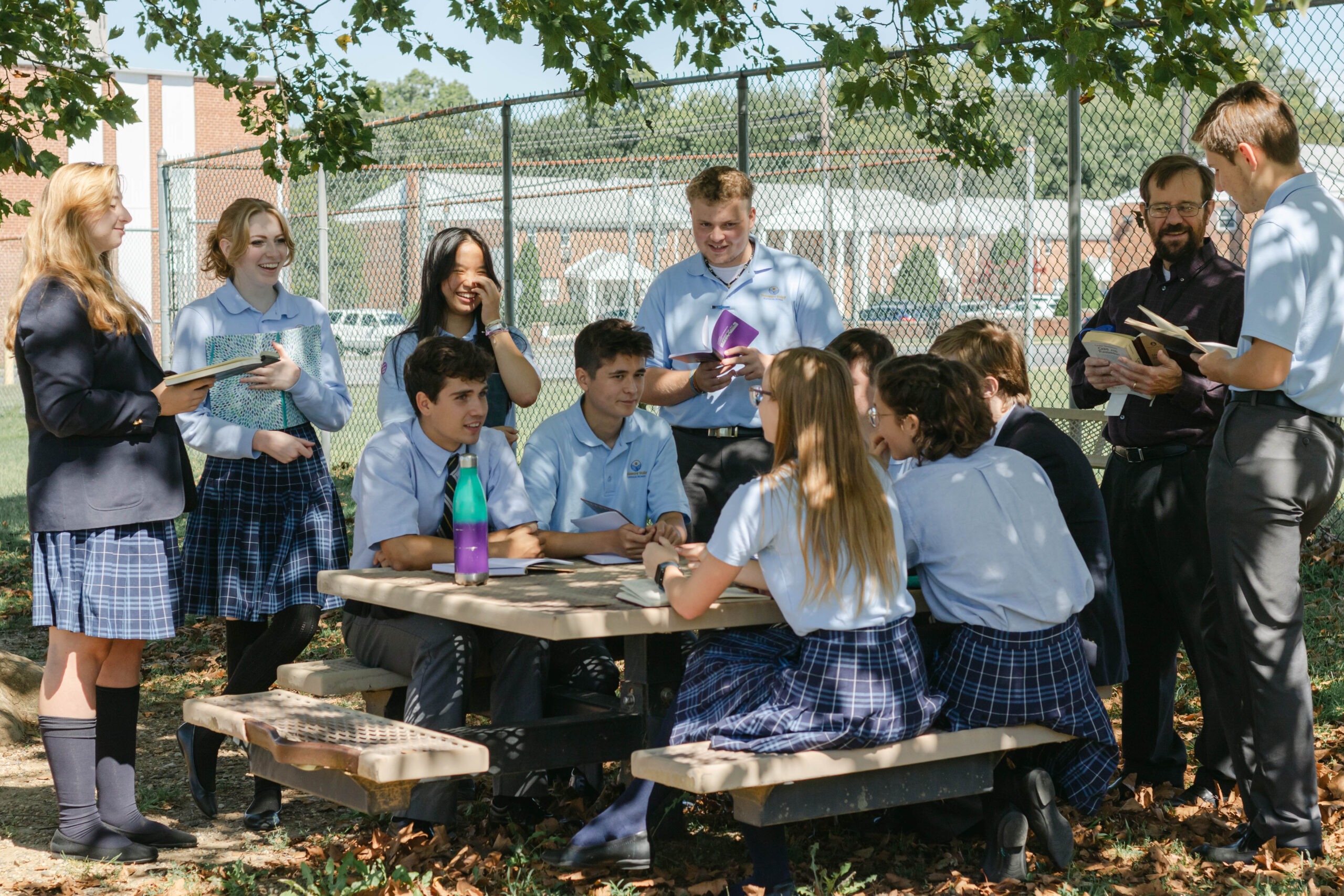
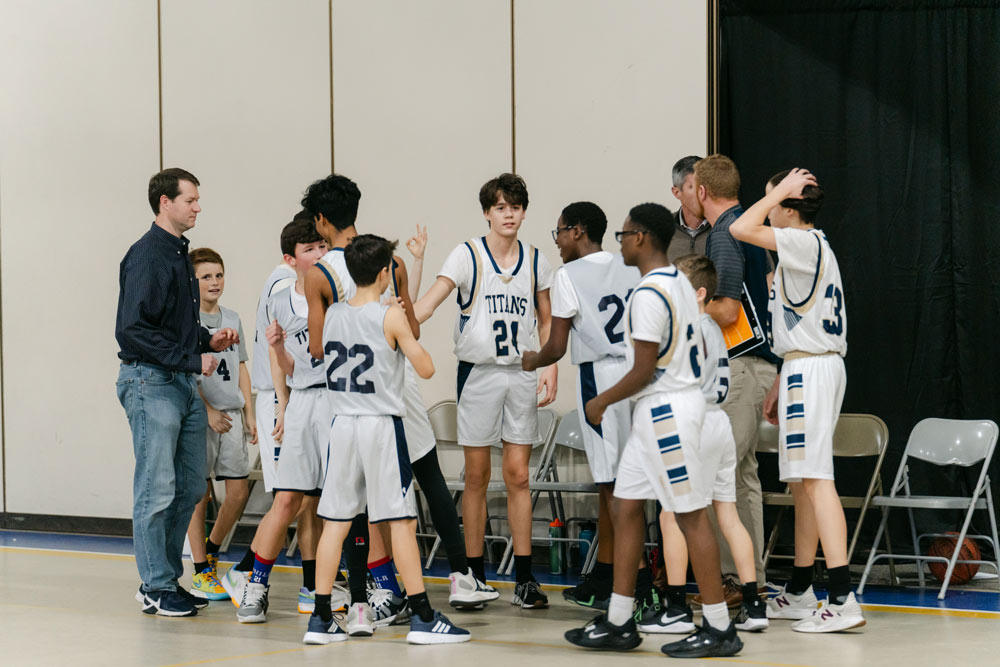
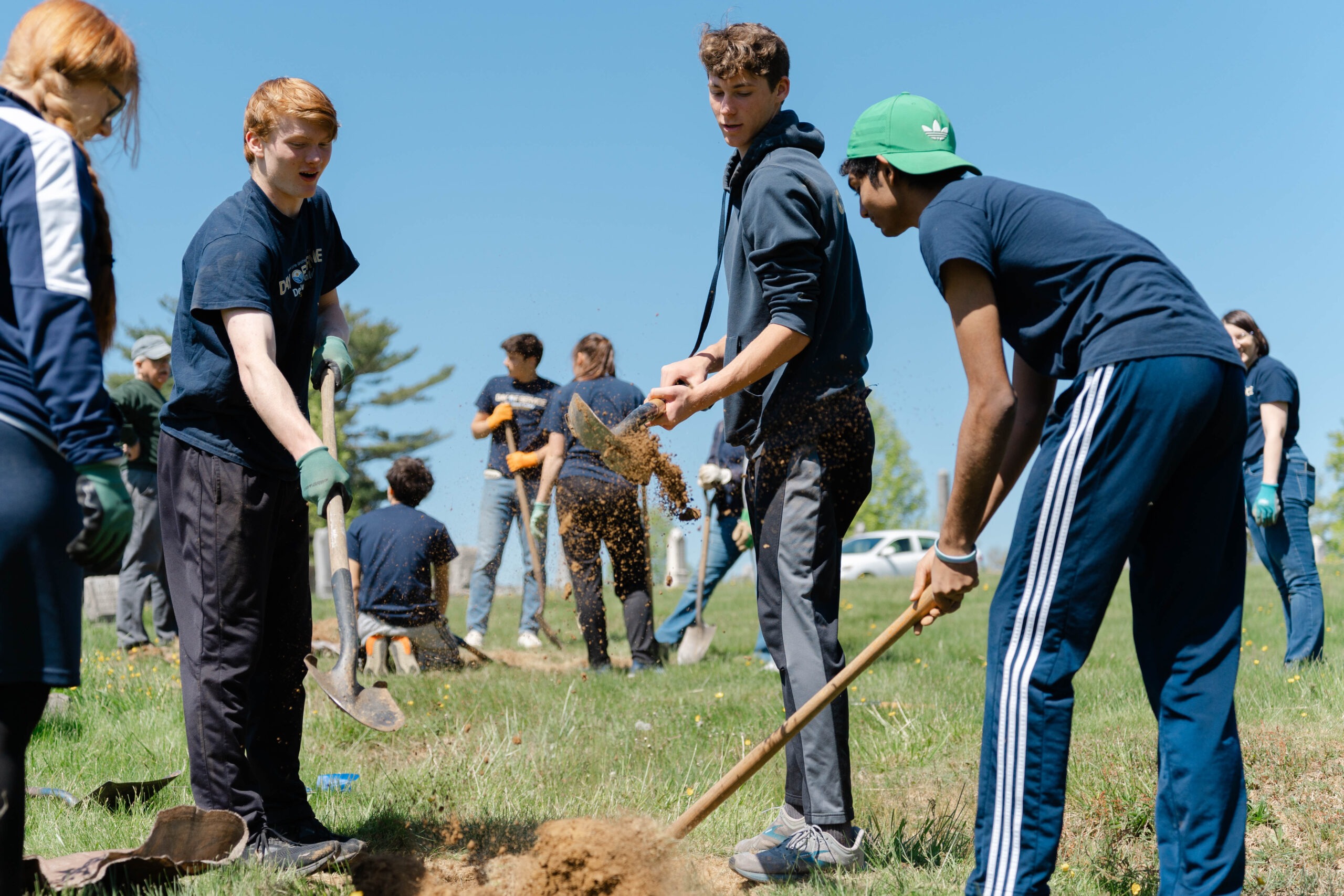
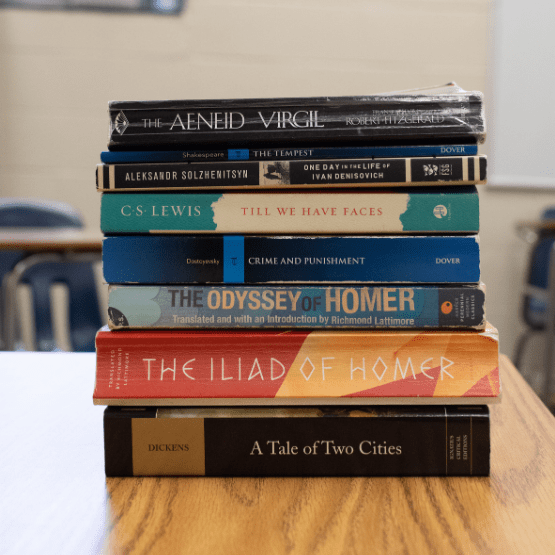
Dual Enrollment
Through a partnership with Cairn University, DVCS students earn up to 40 college credits just by taking the regular course of study. This is because our high school courses (as early as 9th grade) have been carefully evaluated and earned recognition for being college level. DVCS students do not need to pass an exam in order to earn these credits, as in the case of AP courses. They simply receive college credit with the grade they earned in class. After graduation, students can transfer their Cairn University credits to whichever college they choose. Many of our alumni have been able to graduate college with a bachelor’s degree in three years because of our dual enrollment program, saving tens of thousands of dollars in college tuition.
Clubs, Electives, and Activities
Art
Chess
Archery
Athletics
Debate Team
Drama
Math League
Literature Alive
Principles of American Gov
Liberal Arts of Mathematics
Nutrition
Mock Trial
Self-Defense
**Science Olympiad
National Honor Society
*Opportunities vary each year based on student interest.
**Our Middle School Science Olympiad Team has won 1st Place in DE in 2023 and 2024.
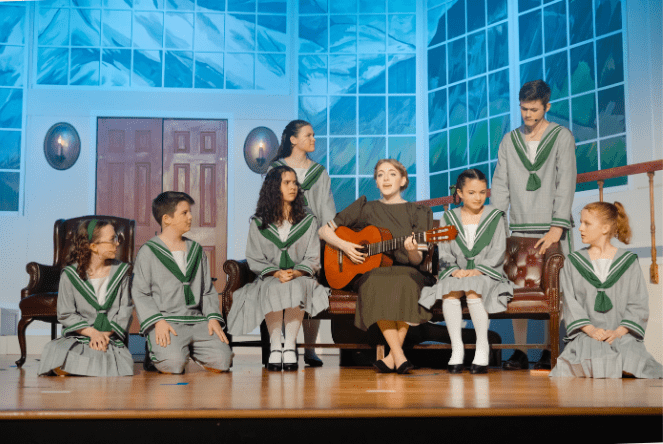

House System
DVCS’s House System is designed to cultivate a rich student culture with leadership opportunities for older students and discipleship opportunities for younger students. Upper school students (grades 7-12) and faculty are sorted into four separate Houses named after heroes of the faith. Each house competes in friendly competitions through the school year fostering Christian character and joyful competition.
To learn more about the DVCS House System, click HERE.
Senior Thesis Presentations
The senior thesis is the capstone of a K-12 classical Christian education. It is a culminating work of grammar, logic, and rhetoric training built on the solid foundation of the Word of God. Before an audience, seniors demonstrate their wisdom and research on a controversial topic in an eloquent, persuasive, and winsome manner and fielded questions from a panel of judges. Their comfort and polish is a product of speaking in front of an audience regularly since Kindergarten. Their adeptness in responding to challenging questions is a fruit of the Socratic method, whereby instruction occurs through respectful deliberation with teachers utilizing the power of questions to guide understanding.


